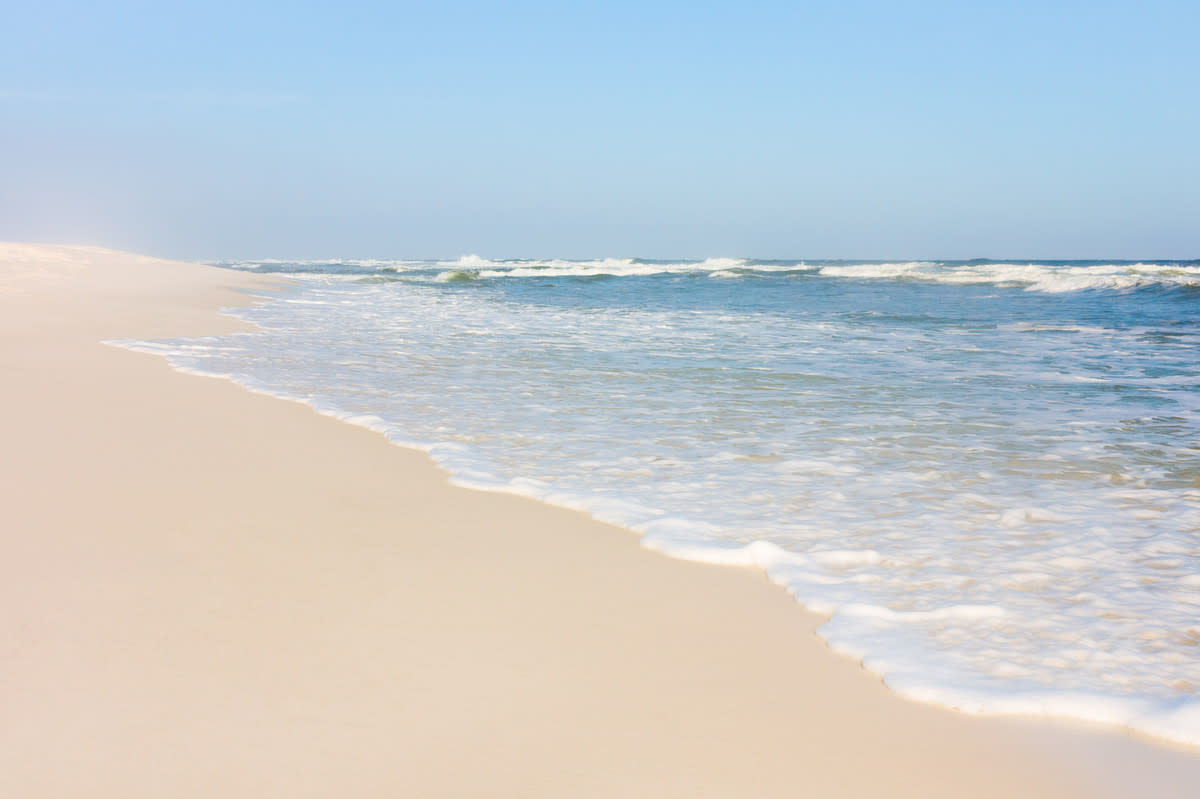Revealed! Which country had most shark attacks in 2013?

If you've got a phobia of the sea (or, more specifically, being attacked by a shark) you might want to give Florida a miss.
The US state was home to the highest number of shark attacks in 2013, although, reassuringly, none of the 23 attacks were fatal.
The University of Florida released its International Shark Attack File on Monday revealing that there were 72 unprovoked shark attacks worldwide in 2013, with 10 fatalities, reports wesh.com.
The US led the way with 47 attacks, with six in South Carolina, and one in Alabama, California, North Carolina, Oregon and Texas. Hawaii had 13 attacks, and was the site for the nation's only fatal attack.
According to ABC Action News, Australia and Reunion each had two fatal shark attacks, while Brazil, Diego Garcia, Jamaica, New Zealand and South Africa saw one fatal shark attack each.
The 72 shark attacks across the world was the lowest number of attacks since 2009, although fatalities were above average in 2013.
Although Florida may have the highest number of attacks, two areas have emerged as the deadliest spots for sharks: Western Australia (six deaths in the past four years, as well as one in 2014), and Reunion Island (five deaths in three years).
George Burgess, curator of the file housed at the Florida Museum of Natural History on the UF campus, told the University Of Florida News that tourism and globalisation has led to once-remote areas becoming shark attack zones, like Reunion, Papua New Guinea, Madagascar and the Solomon Island. He said: "Globalisation of societies and the ease of modern travel means that we have access to places that have never been frequented by tourists before.
"Remote destinations are not typically medically equipped to handle a serious shark attack. This situation is a key factor in the higher death rate this year. When a shark attack happens in a remote place, the results are going to be more dire than if it happened on a Florida beach, for instance."
He added: "When sudden increases in shark attacks occur, usually human factors are involved that promote interactions between sharks and people.
"Shark populations are not in a growth phase by any means, so a rise in the number of sharks is not to blame. However, we can predict with some reliability that shark attacks will concurrently rise with the growth of human populations, a trend we saw throughout the past century."
Related articles
British surfer fights off shark attack in New Zealand
Man killed by great white shark while fishing in Australia




